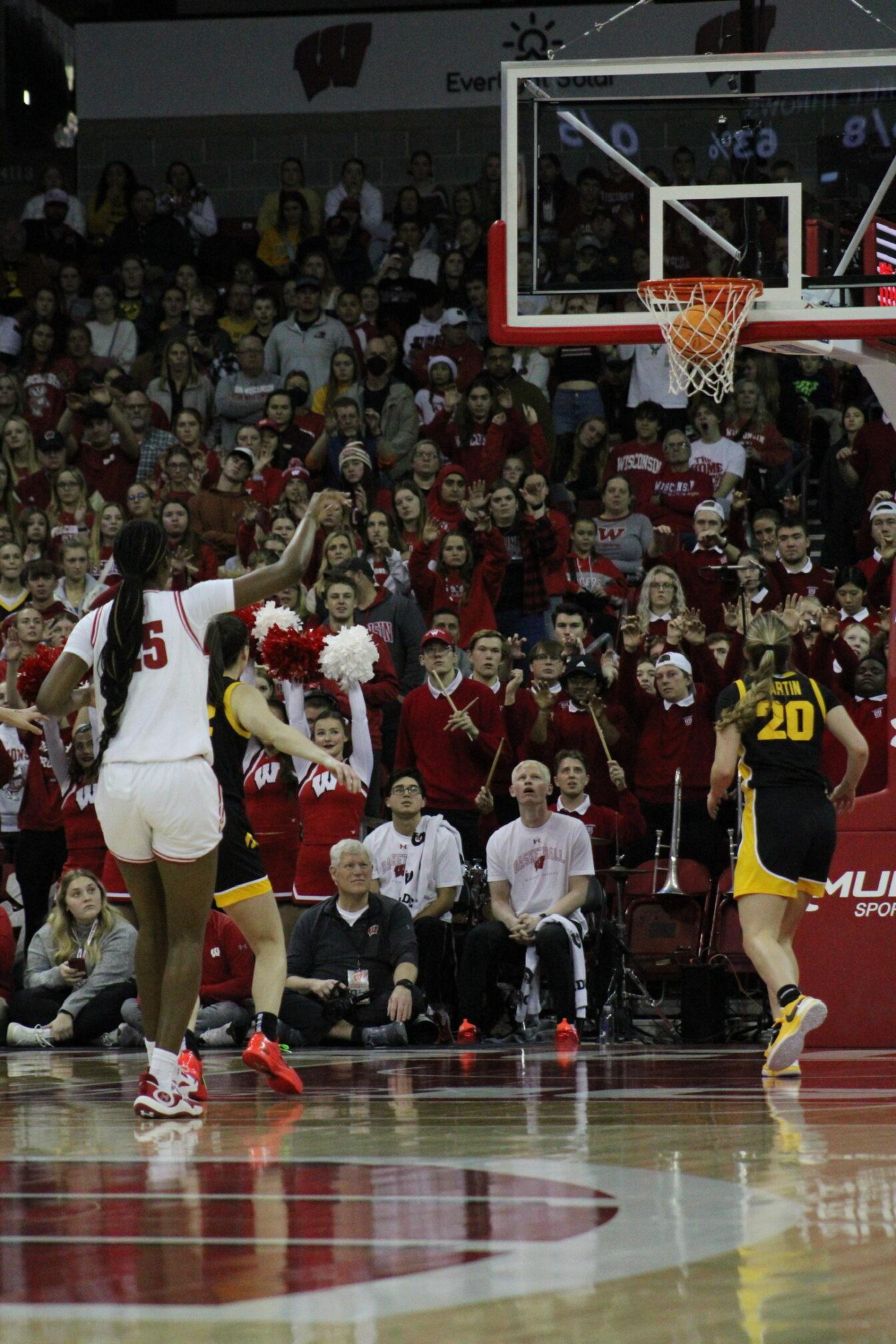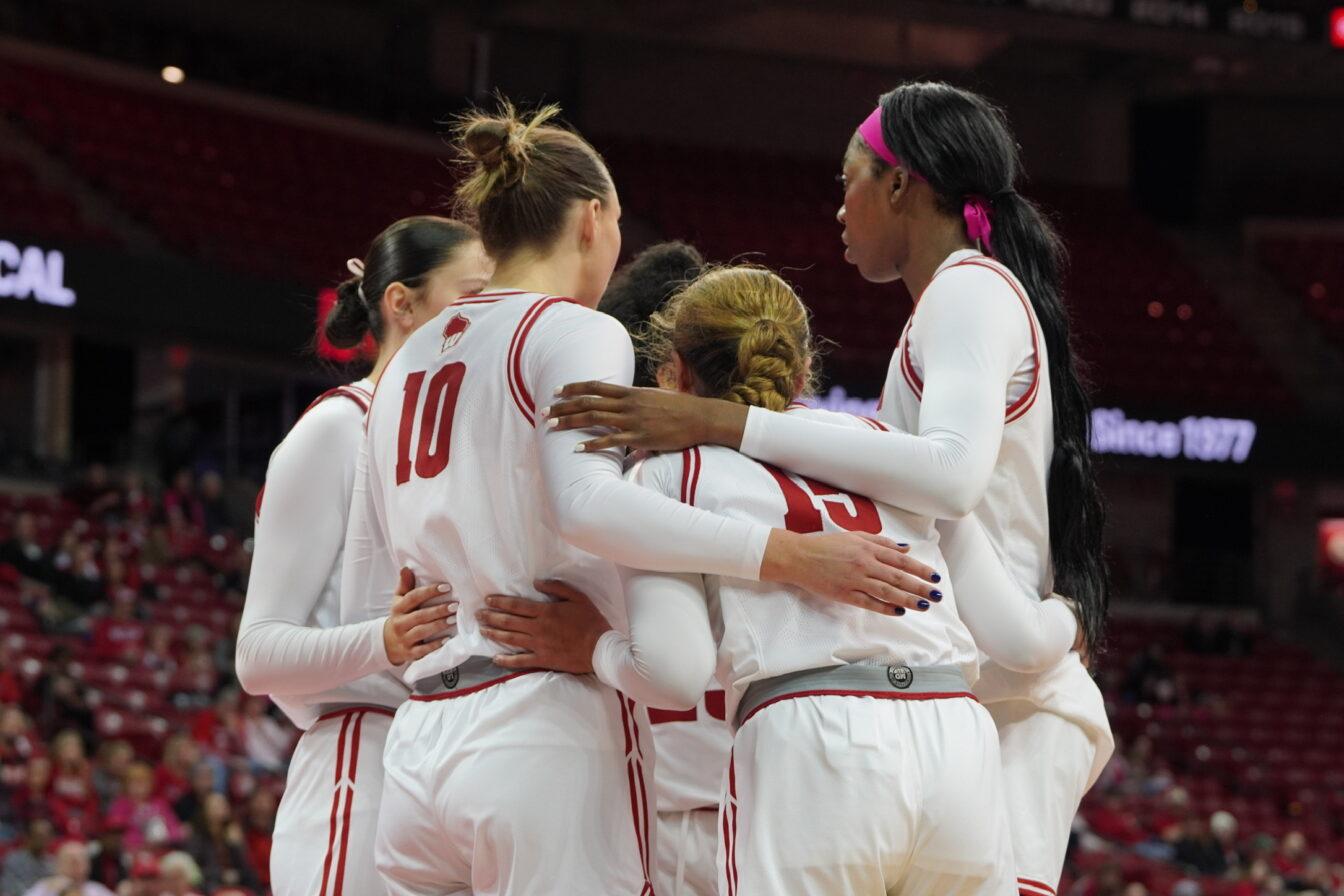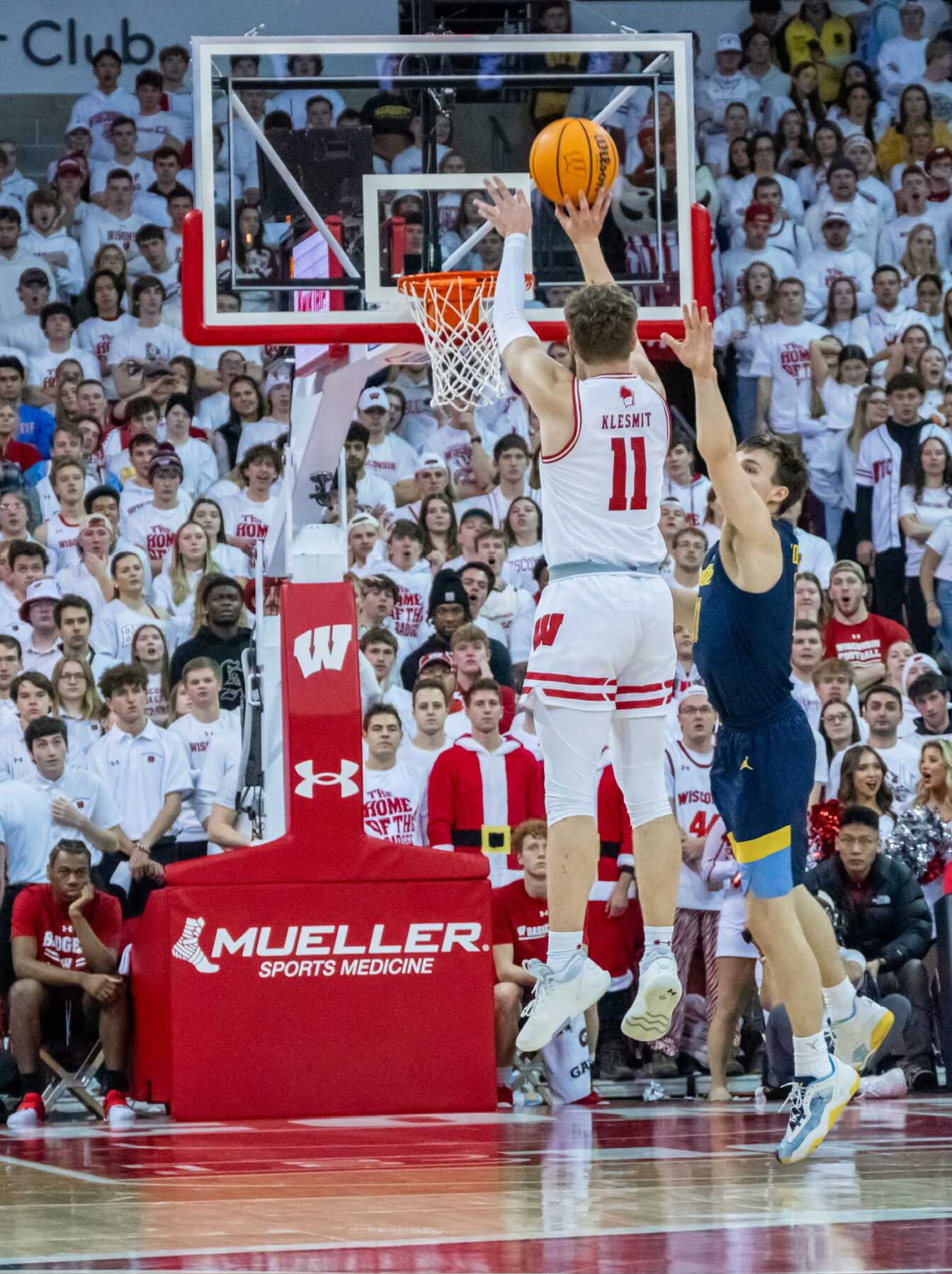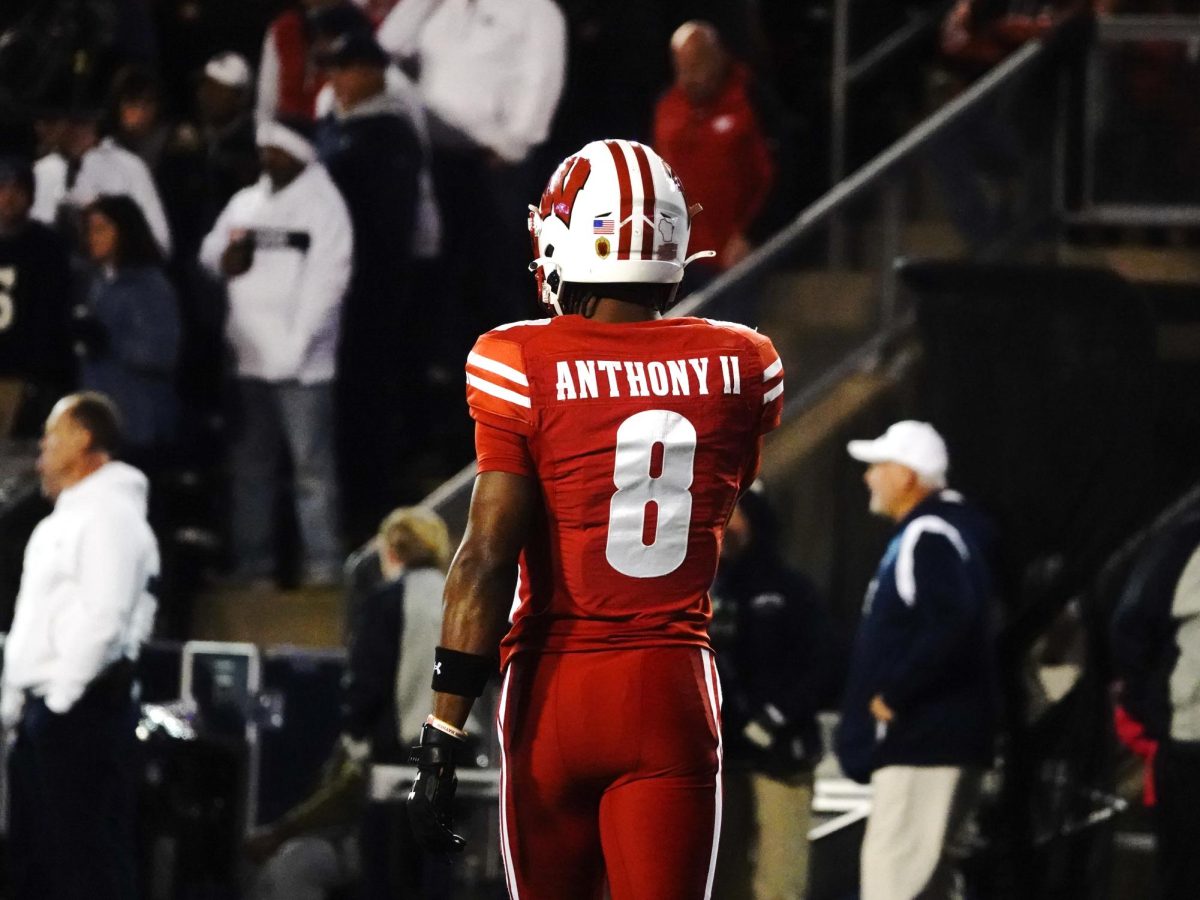The best games in sports are the games where each team is so evenly matched that the last two minutes are the most exciting part.
When the game comes down to the last batters or the last downs.
The kind of game that leaves you screaming and slapping random high-fives, or even the game that makes you groan in despair and kick the couch.
The common denominator to these games is the ending.
Recently, I attended my little brother’s high school soccer tournament. His team played 80 minutes of soccer, with the game ending in a 1-1 tie. The game probably should have ended in regulation, however, Steve’s team ended up scoring a goal in the last few minutes of the game, forcing a shootout.
As it turns out, his team ended up winning the game in the shootout and moving on to play for the championship, but the question lingering in my head was, “Is that how the game should have ended?”
I reached the conclusion that his team’s win was wrong . . .
His team won in a shootout.
Soccer has picked a more annoying and unfair way of ending a game than any other sport.
When a game is tied, the teams play up to ten minutes of overtime depending on the rules of the tournament or league, and if the game remains deadlocked then both teams line up to take penalty shots.
Each team picks a goalie and its five best shooters to send out to the center of the field to face the opposing team’s goalie and shooters.
The first player from team A goes to the penalty stripe ten yards out in front of the goal and prepares to take one shot at the goal.
After he is finished with his shot, a player from team B does the same, and this continues until one player misses the goal, or the goalie stops the shot and forces a miss.
Every single time I think about watching a soccer game end in a shootout, I am disgusted.
Basically, the team that earns the win is the team who has the better goalie, as every team has at least five players who can accurately shoot a ball into the goal.
What it all comes down to is which goalie can alter that one shot, as 99 percent of the time players hit their shot on goal.
So let’s just stop and think about this process for a minute and imagine what it would be like for other sports to end games in this same fashion . . .
Instead of extra innings in baseball, we would just pick five of the team’s top hitters to stride to the plate and have a few swings at cracking a homerun, kind of like the homerun derby.
That sounds ridiculous, doesn’t it? After playing nine whole innings of baseball, the outcome of the game would depend on this one small part of the game. The best team may not really win, just whichever team can hit the most homeruns.
How about basketball? Ray Allen just hit a buzzer beater three to send the Bucks into overtime. Exciting, right? OK, now let’s slow down the game and give five guys from each team one free throw shot. Whoever misses is the loser.
Once again, that seems like a random ending, with one player deciding the fate of the game for the entire team purely on his free-throw shooting ability.
Fast-forward back to soccer and once again think about how games are ended.
Instead of the entire team taking part in the completion of a game, just a handful of players are involved.
Not only is the majority of the team left out of the most crucial part of the game, but the game is decided by penalty kicks which are only a small fraction of what soccer is truly about.
The game is about speed, power, accuracy, crosses, beating someone up the sideline, corner kicks, throw-ins; the list could go on forever. Penalty kicks are only a small fraction of the game, yet that miniature part of the game is allowed to decided Big Ten Championships, Olympics and even the World Cup.
Many people ask: then what should soccer do to end the games?
Even after playing soccer myself since I could walk, I am not sure I even have a feasible solution to this problem.
I have read that back in the 1960s if a game was tied after two overtimes the game could be called, and the game was then replayed a day or two later.
While I know this isn’t exactly the most practical solution for tournaments that must be decided in a few days or for teams that have no room or capability in the schedule to play an extra game, I still think the idea has some merit.
Another solution would be to just keep playing sudden-death style until one team manages a goal. Eventually, one team would score; players get tired, and mistakes are made. Then it would come down to which team was stronger and in better shape rather than which had a handful of stronger players.
Neither one of these solutions is perfect, but isn’t it time soccer picks a more realistic way to end its matches? A way that includes the whole team and maintains the excitement of the actual game itself.







